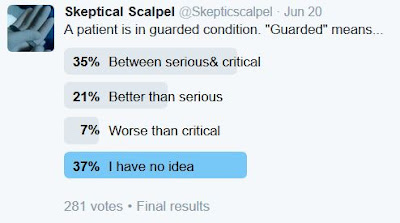The study was conducted in France and involved 114 healthcare workers (35 senior physicians, 30 residents, 32 nurses, 27 nurse assistants) who used both mobile and cordless phones in a university hospital.
Phones were swabbed and tested for viral RNA, and the subjects answered anonymized questionnaires regarding their behavior.
Viral RNA was recovered from 38.5% of the phones with rotavirus RNA on 93% of the virus-contaminated phones.
About two-thirds of the healthcare workers used their mobile phones while caring for patients, and 28% of them said they never wash their hands before using the phones, 37% never used hand hygiene after using the phone, and 21% said they never performed hand hygiene either before or after using a phone. This held true for personnel who interrupted caring for patients to answer their phone.
In an article about the study, one of the authors said, “It was surprising that 20% of them admitted never carrying out any hand hygiene procedures, either before or after using their phone, even though all said they knew phones could harbor pathogens.”


